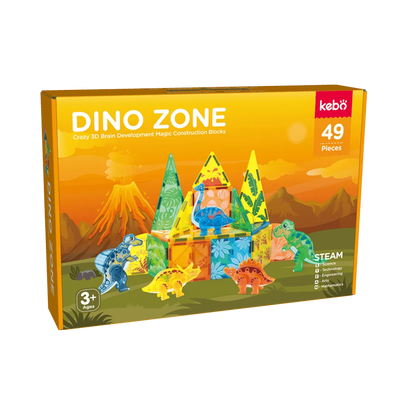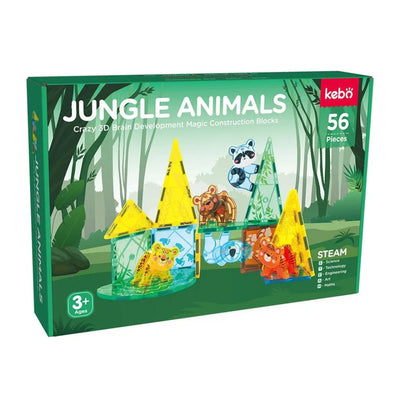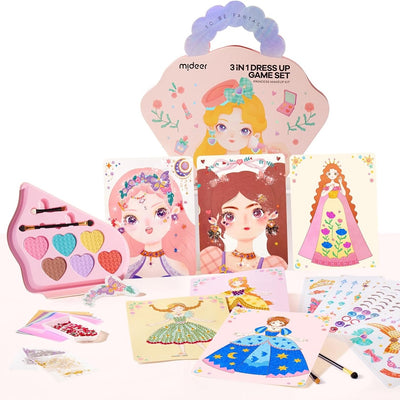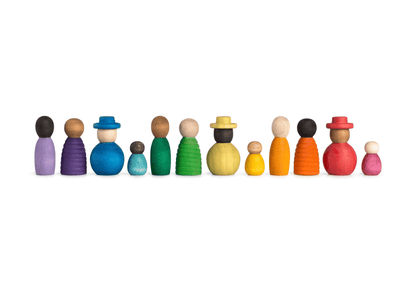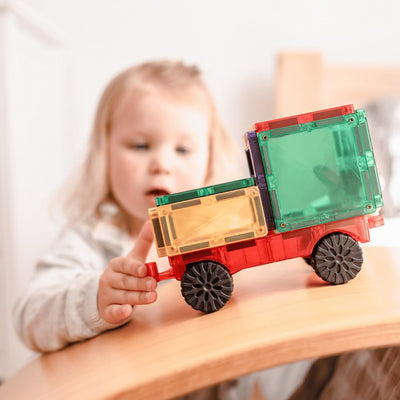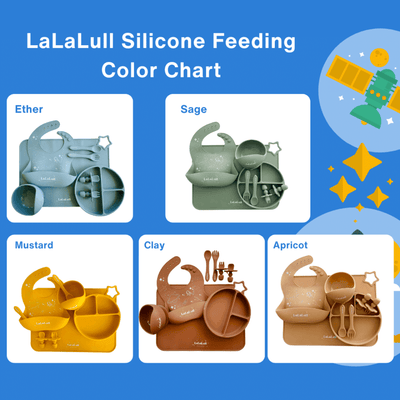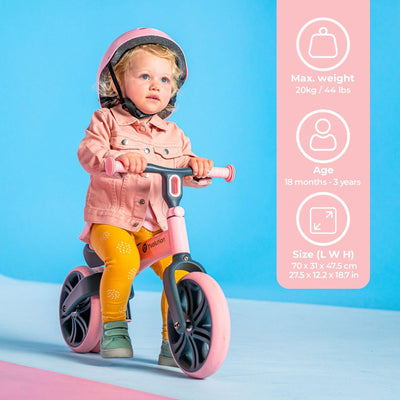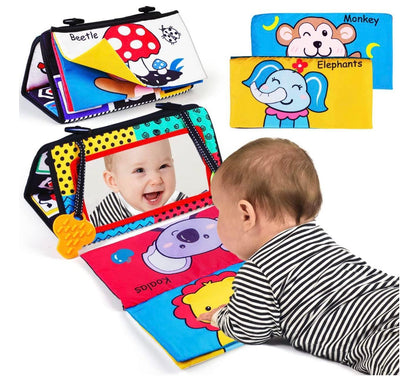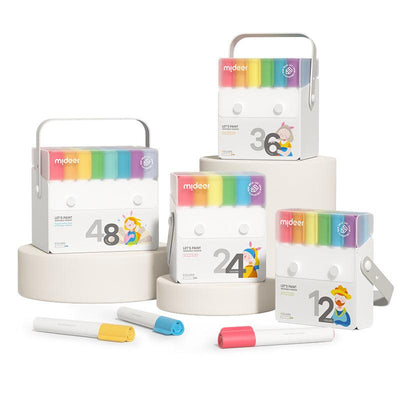Promoting Inclusivity: How Montessori Toys Can Support Hearing-Impaired Children in Overcoming Audism
Understanding Audism: Key Concepts and Impact on Hearing-Impaired Children
Audism is a form of discrimination or prejudice directed against individuals who are deaf or hard of hearing. It encompasses a variety of beliefs that consider hearing as the norm and devalue deaf experiences or cultures. This discrimination can manifest in educational settings, social interactions, and even within families, significantly affecting the development and self-esteem of hearing-impaired children.
The Role of Montessori Toys in Sensory Development for All Children
Montessori toys are designed to be accessible and engaging for children of all abilities, emphasizing sensory development and independent learning. These toys often involve a tactile component, such as puzzles that require fitting pieces together by feel, which can be particularly beneficial for children who rely more heavily on senses other than hearing. By engaging multiple senses, Montessori toys help develop critical neural pathways in a child's brain, supporting cognitive growth in a way that is inclusive and adaptive to various needs.
Selecting Montessori Toys: Features Beneficial for Hearing-Impaired Kids
When choosing Montessori toys for hearing-impaired children, consider those that enhance visual and tactile feedback. Toys that incorporate bright colors, distinct textures, and easy-to-handle shapes can compensate for auditory deficits and provide alternative ways to learn and explore. Additionally, look for toys that encourage problem-solving and fine motor skills, such as sorting shapes or threading beads, which help build confidence and competence in a non-verbal setting.
Case Studies: Success Stories of Inclusivity in Montessori Settings
Many Montessori programs have successfully integrated inclusivity into their curriculum by using toys and activities designed for all children. For example, a Montessori school in Seattle has developed a program where children use specially designed toys that promote sign language learning alongside traditional Montessori materials. These initiatives not only support hearing-impaired children but also teach hearing children valuable communication skills and empathy.
Practical Tips for Parents and Educators on Using Montessori Toys Effectively
For parents and educators, effectively using Montessori toys means creating an environment where all children feel valued and supported. Here are a few tips:
- Encourage Peer Learning: Children learn effectively from their peers. Facilitate activities that require cooperation and communication, allowing children to teach each other and learn inclusively.
- Focus on Non-Verbal Cues: Use Montessori toys that encourage understanding through action and observation, not just verbal instructions.
- Create a Sensory-Rich Environment: Utilize toys that offer different sensory experiences, which can be particularly engaging for hearing-impaired children and beneficial for all children.
By understanding and addressing audism, and by carefully selecting and utilizing Montessori toys, educators and parents can create a more inclusive and supportive learning environment for hearing-impaired children, helping them to develop their full potential free from discrimination.
